Duhan van der Merwe does not want to shake hands. It is not that the hulking Scotland winger is being rude – he is polite to a fault – but after a gruelling gym session the British & Irish Lion has blisters as big as golf balls. A fist bump – a touch daunting given the size of his biceps – must suffice.
Van der Merwe’s war wounds are the first indication that public perception about him can be misleading and there are many to follow in the ensuing half-hour. From an impassioned response to accusations he is a “SpringJock”, to discussing why he runs roughshod over England once a year, Van der Merwe is illuminating company.
He is 6ft 4in and looks carved from Rustenburg granite. There is something cartoonish about the way he thunders past – or through – defenders and with gleaming blond hair he can list Johnny Bravo and Action Man as doppelgangers. Yet “show pony” and “flat-track bully” are brushes he can be tarred with. “I probably make my life a little bit more difficult by diving into the corners when I don’t have to,” he says with a chuckle. “Sometimes it’s just getting that nice photo, that’s why I dive.”
He speaks with an unmistakable Afrikaans accent – arriving in Edinburgh in 2017 he struggled with his English to the extent he would get frustrated at his failure to grasp Scottish humour – so it makes sense to cut to the chase. He is often held up as a “project player”, a junior Springbok who sought his fortune with a country less blessed with 17st wingers. In short, his Scottishness has been questioned. No matter, it seems, that five years on from making his debut – qualifying after three years’ residency – Van der Merwe is Scotland’s record try-scorer.
After being selected for his second Lions tour he was among the players born in the southern hemisphere whose place in the squad was questioned. Given the grief he was exposed to by opposition players and supporters four years ago in South Africa, there must be times when he feels he cannot win.
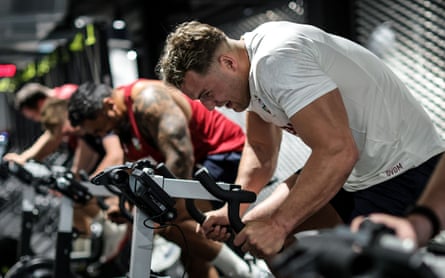
For those that question his allegiance to Scotland, Van der Merwe points to how he failed a medical when about to sign for Edinburgh, aged 22, in 2017.
He might have been cast aside, left in limbo, without a club and eight months of rehabilitation to manage alone, but Edinburgh, and Richard Cockerill, took a chance on him and he has repaid the faith in spades.
“When I speak about it, I get really emotional because it’s a country that has given me so much when I had nothing,” says Van der Merwe, who arrived at Edinburgh after an ill-fated season with Montpellier. “I had a failed medical and at that time it would have been easy for them to say: ‘Look, you’ve failed your medical – off you go.’ But they looked after me.
“I went over as a young boy and people don’t understand how hard it is, leaving your family behind, leaving everything behind, going to a country where you don’t know how things work.
“Initially, my English wasn’t good at all. It was tough. People don’t understand how hard that transition is. It’s not easy, no one has guaranteed me: ‘Oh, Duhan, if you move over at the age of 22 you’ll be Scotland’s top try-scorer, you’ll have played 49 games for Scotland, you’ll go on a second Lions tour.’ People don’t see the amount of hard work and sacrifice you put in because I wouldn’t be sitting here without it.”
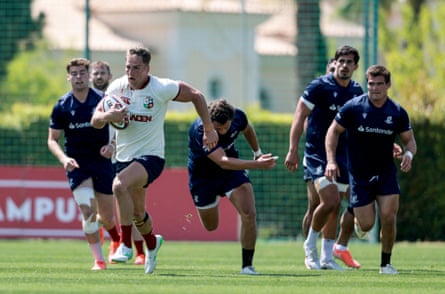
Van der Merwe, now 30, had a mixed experience on tour four years ago. He was, understandably enough, appointed tour guide before being sacked within a week by his teammates because there was only so much of his native South Africa he could showcase when cooped in a Covid bubble. While stadiums were empty, it did not stop South African supporters having their say on social media.
“I always knew they were going to get stuck into me,” he says. “There were a lot of personal messages on social media towards me. I just dust it off because I know how hard I’ve worked to get to where I am. You always have people on social media who are going to bring you down and slate you, but I’ve got to a point in my career where it doesn’t faze me at all.”
Whereas Van der Merwe had appeared 10 times for Scotland when selected for the Lions four years ago, he is now a mainstay of Gregor Townsend’s side, arguably their most potent weapon. An ankle injury in March has restricted him to 11 minutes of action since the Six Nations, however. He makes his comeback in the Lions’ warm-up match against Argentina in Dublin on Friday, but it was an anxious wait to discover if he would make the squad, not least because it was announced alphabetically – forwards, then backs – and Van der Merwe’s was the 37th of the 38 names read out.
after newsletter promotion
“It was a very stressful period for me. I guess you take yourself back: ‘Have I done enough over the four-year cycle? Have I done enough over the Six Nations?’ And then you start doubting yourself a wee bit. It was really tough because I felt like I couldn’t do anything about it.
“I was in shock for a full 24 hours because I just couldn’t believe it because of the ankle. It really gives me a lot of confidence.”
Van der Merwe started all three Tests against the Springboks in 2021 and against the Pumas has the chance to lay down an early marker with his closest rival, James Lowe, arriving later to the squad. “I believe if I can get as many touches as possible, somehow I can get a line break or get some gainline for the team or score some tries,” he says.
“I’ve worked hard at other parts of my game – if you look at the Six Nations I probably didn’t score as much but I probably assisted a bit more. Somehow I always have my best game of the season against England. The boys at the club have told me: ‘Duey, just imagine you’re seeing white jerseys in front of you.’”
After a brief stint with Worcester – hastily returning to Edinburgh when the Warriors went bust – Van der Merwe feels Scotland is his long-term home. He has even gone into business with his Edinburgh, Scotland and Lions teammate Pierre Schoeman – also born in South Africa – setting up a whisky company. They sell a 12-year-old single malt from Speyside called Hirundine, aptly named after the bird that migrates between Africa and the UK.
“Coming back to my story of giving back to Scotland and what better way for us to say thank you and give back than starting our own whisky company? I don’t agree with some of the things people say because it’s not easy – the biggest thing for me is buying into the culture and that’s something I’ve done really well.
“I see Scottish people as some of my best mates, Pierre and I have started our own business, my wife has got her own company in Scotland as well. I’m still in Edinburgh and I’m loving life.”

 5 hours ago
2
5 hours ago
2

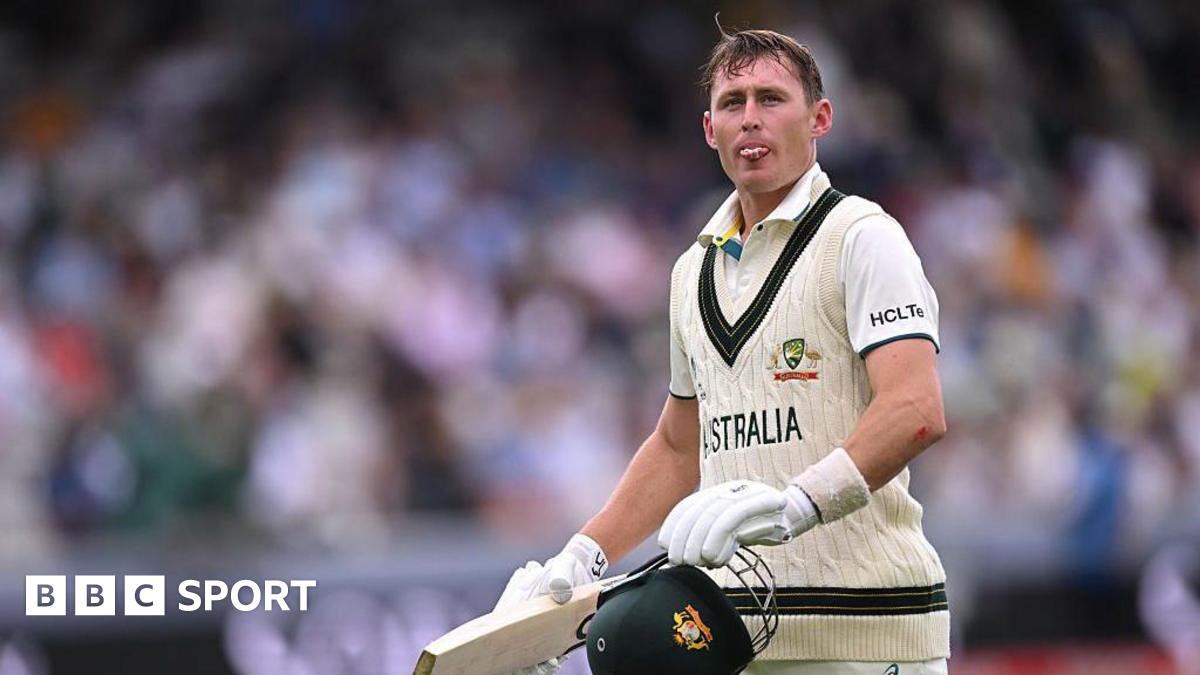
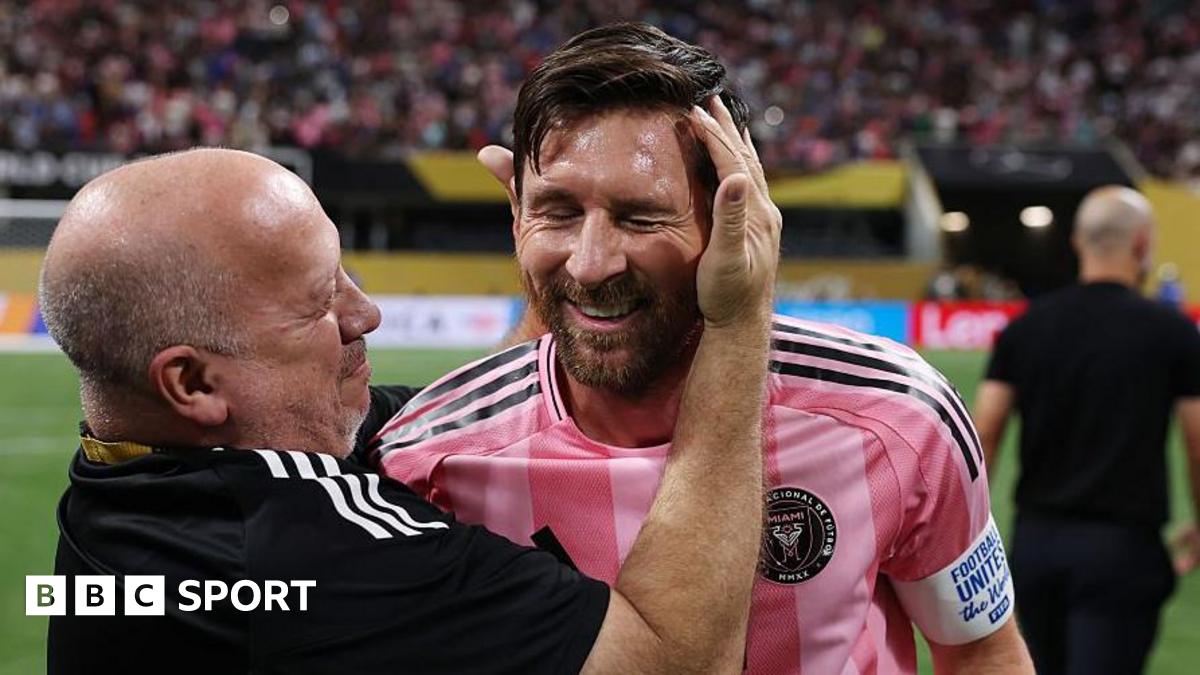
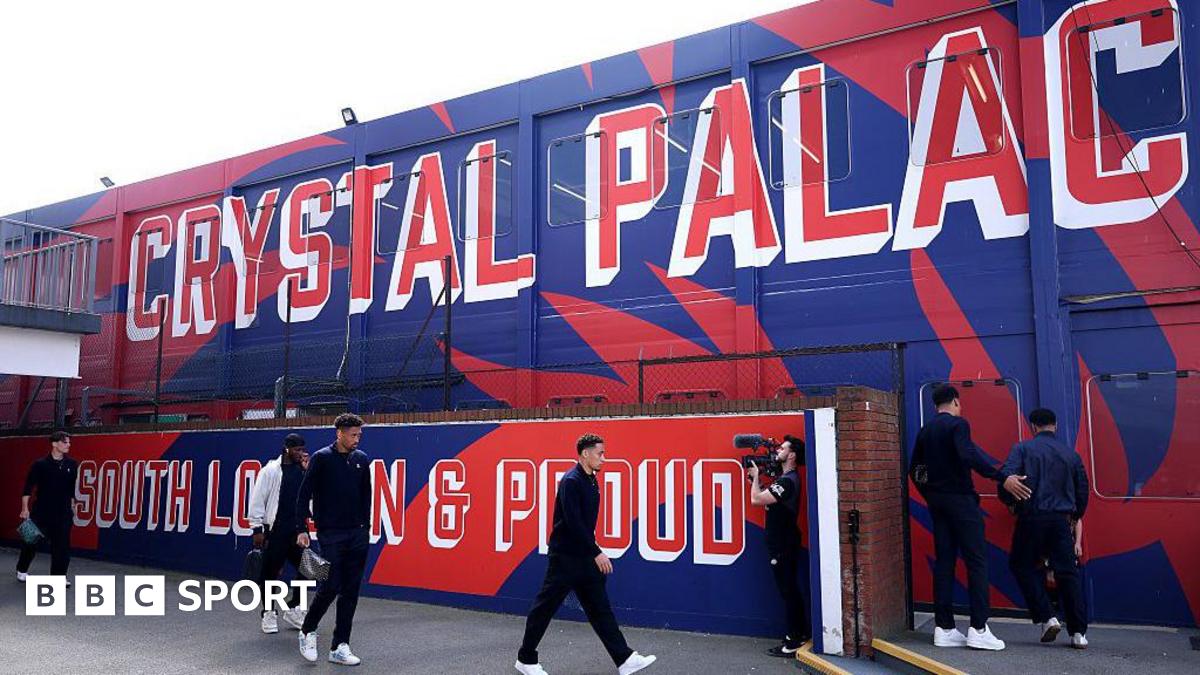

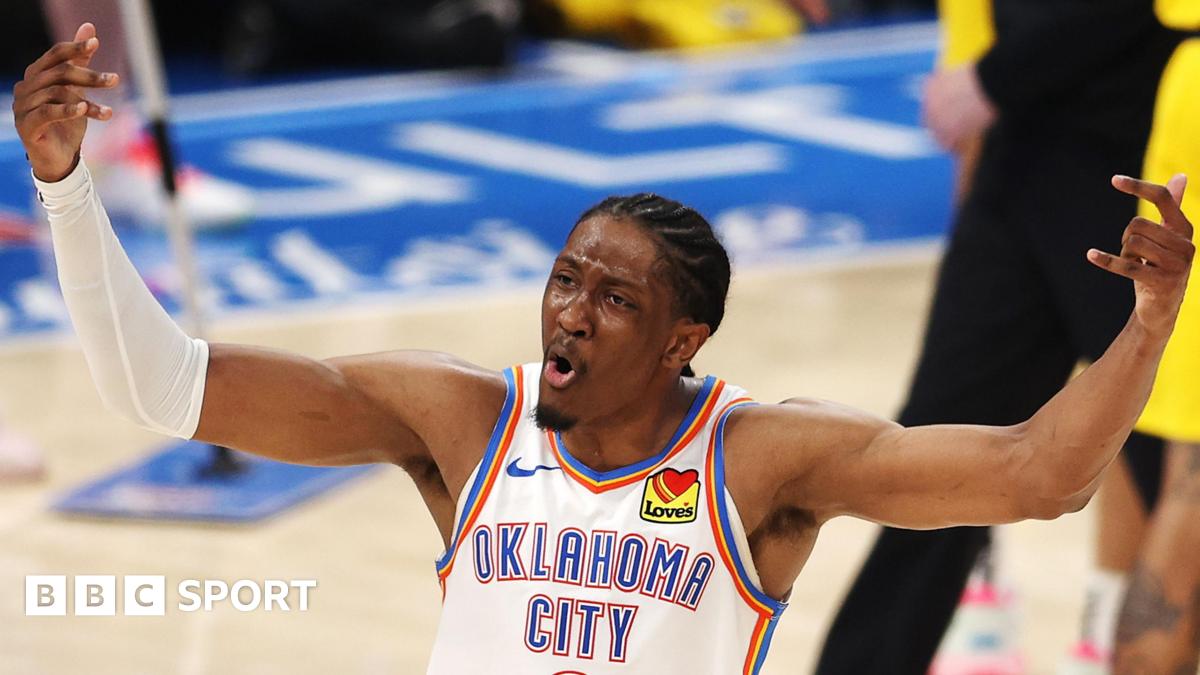
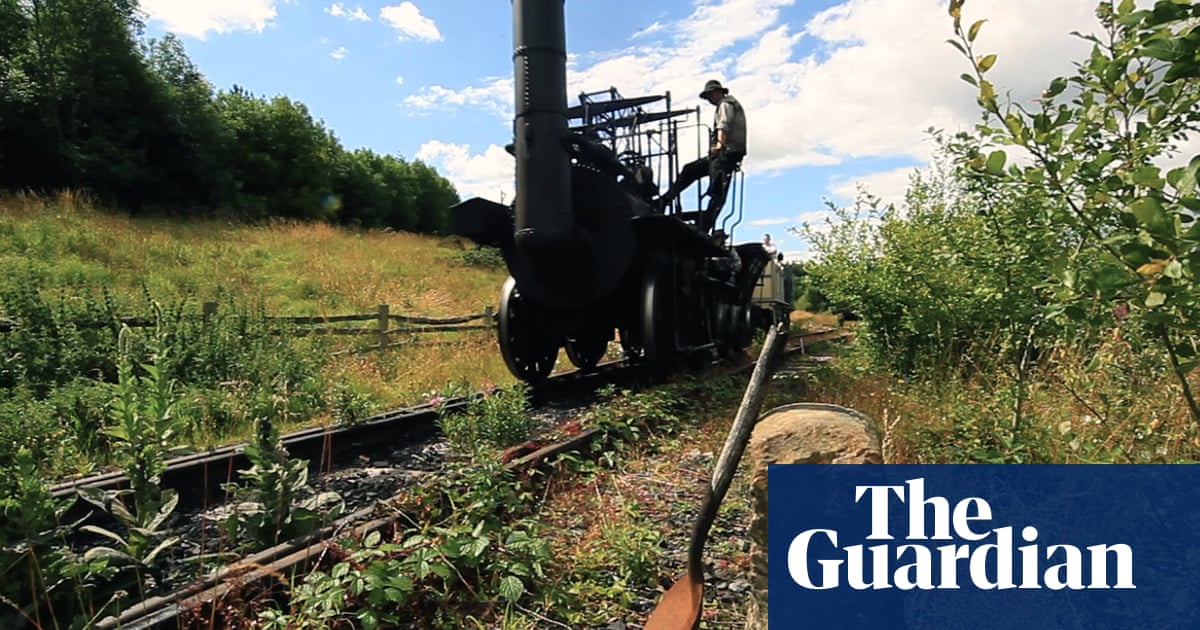
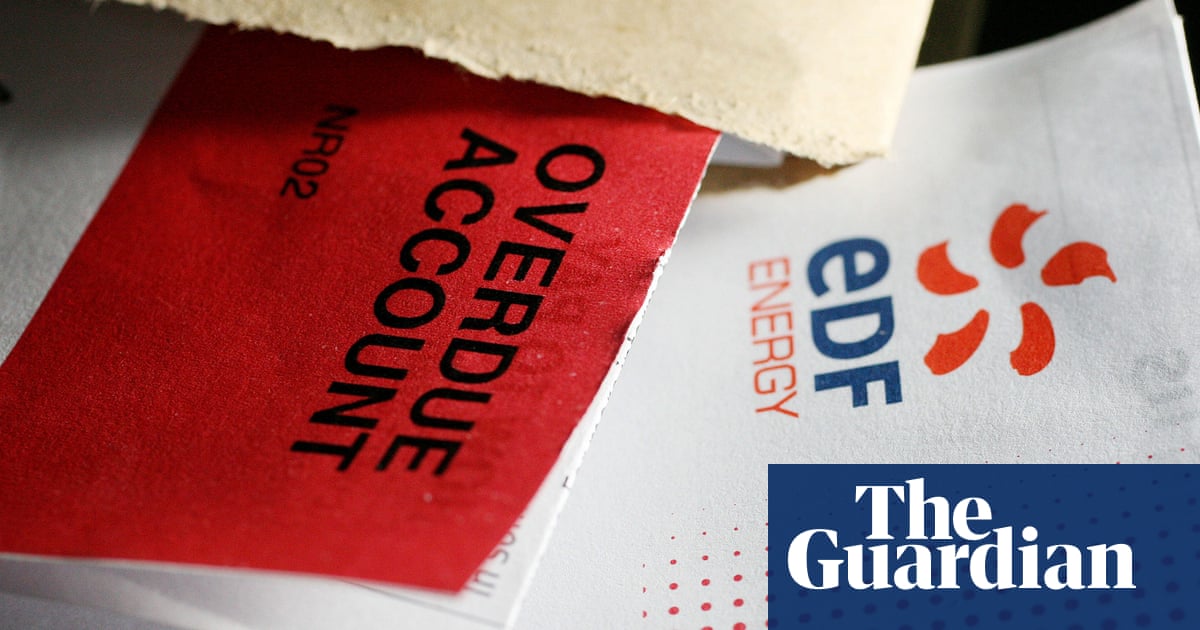
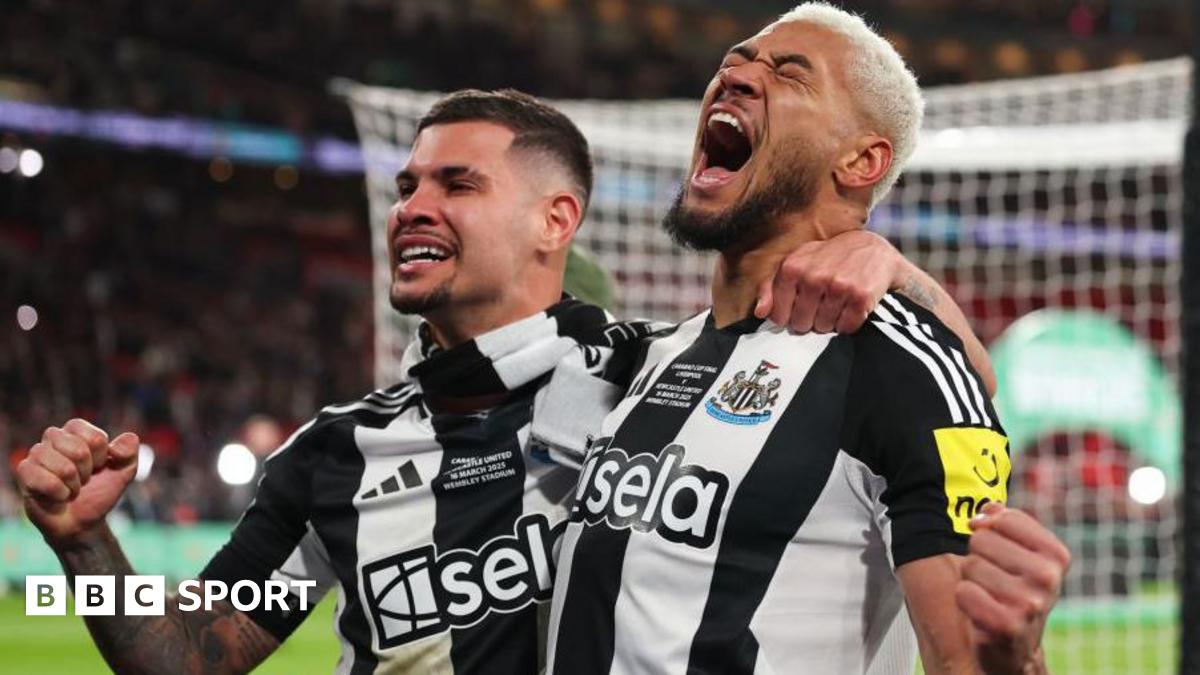
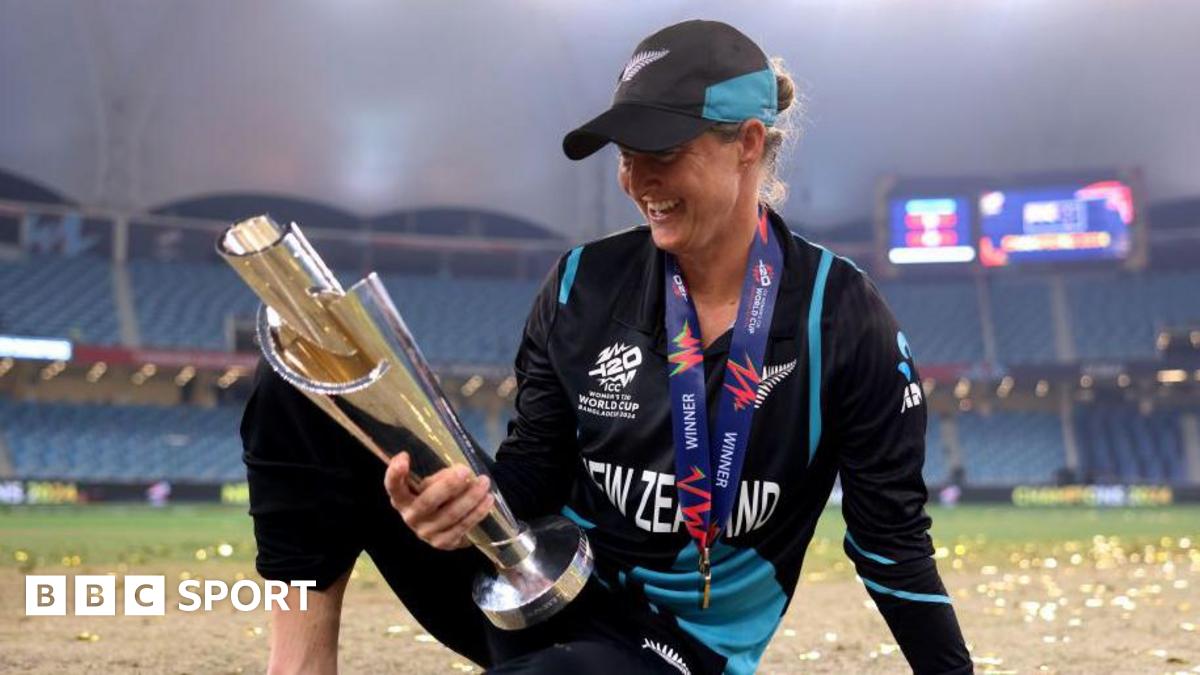
 English (US)
English (US)